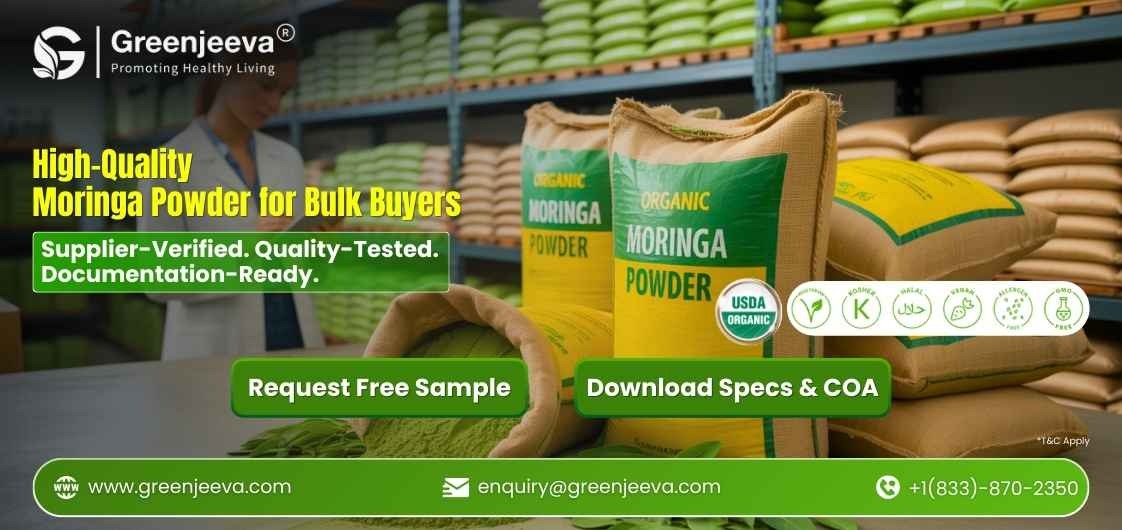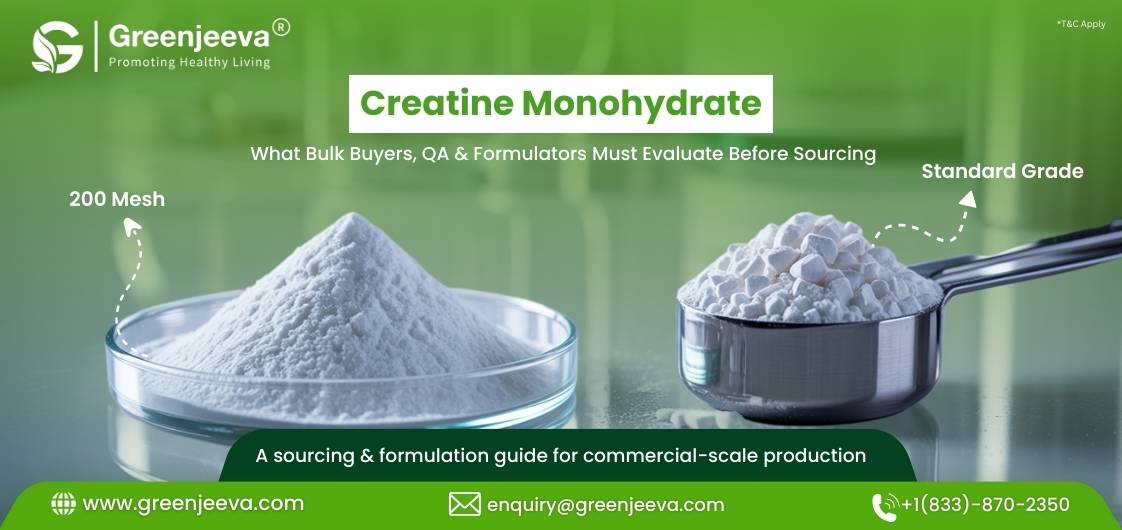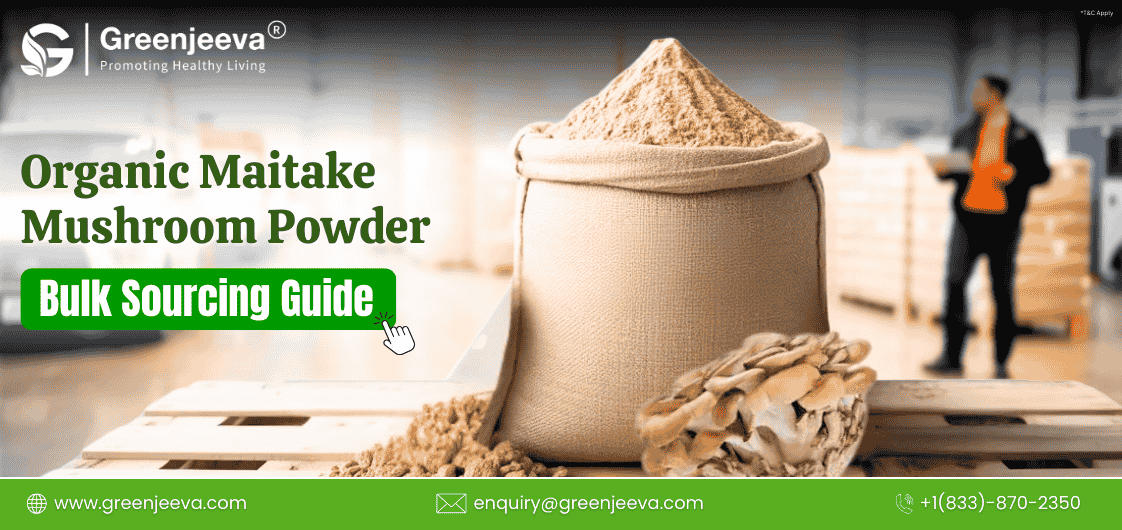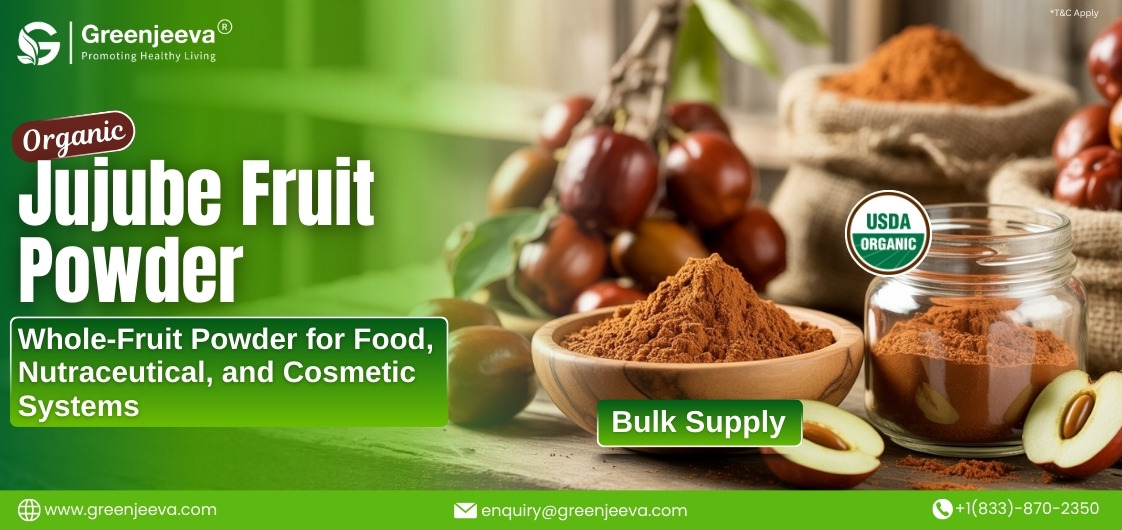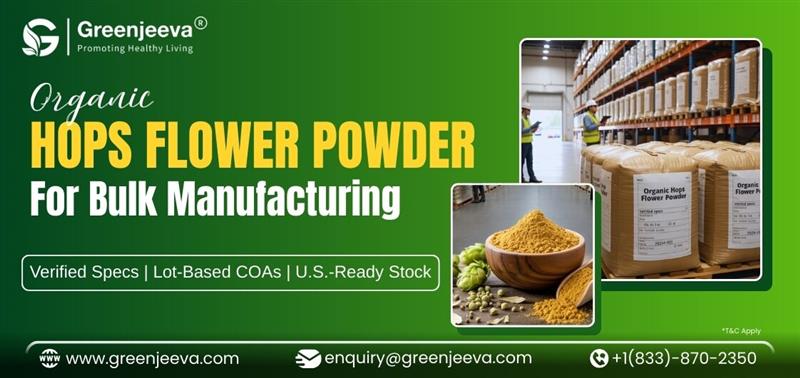MCT Oil Powder vs. Liquid MCT Oil: Key Differences and Benefits

In recent years, MCT oil has gained significant traction in the health and wellness industry. As more businesses look to incorporate this versatile ingredient into their products, it's crucial to understand the differences between MCT oil powder and liquid MCT oil. Let's dive into each form's key distinctions and benefits to help you make an informed decision for your business.
What is MCT Oil?
Before we compare the two forms, let's quickly recap what MCT oil is. Medium-chain triglycerides (MCTs) are a type of fat metabolized differently than long-chain triglycerides. They're quickly absorbed and converted into energy, making them popular among those following ketogenic diets or seeking better health performance benefits.
Liquid MCT Oil: The Original Form
Liquid MCT oil has been the go-to option for many years. It's a straightforward, flavorless oil that can be easily added to beverages, smoothies, and foods.
Benefits of Liquid MCT Oil:
1. Versatility in cooking and baking
2. Easy to measure and incorporate into recipes
3. Often more cost-effective than powder form
4. Longer shelf life when stored properly
However, liquid MCT oil does have some drawbacks. It can be messy to handle, may separate in cold beverages, and isn't as convenient for on-the-go use.
MCT Oil Powder: The Newcomer
MCT oil powder is created by spray drying liquid MCT oil onto a carrier powder, usually made from acacia fiber or maltodextrin. This process transforms the oil into a convenient, easy-to-use powder form.
Benefits of MCT Oil Powder:
1. Improved solubility in both hot and cold liquids
2. Easier to transport and less messy than liquid oil
3. Often gentler on the digestive system
4. Can be easily incorporated into dry mixes and supplements
The powder form does come with a few considerations. It may contain additional ingredients due to the carrier powder, and some products might have a slightly higher carbohydrate content.
Choosing the Right Form for Your Business
When deciding between MCT oil powder and liquid MCT oil, consider the following factors:
Product Application: If you're developing beverages, protein powders, or on-the-go supplements, the powder form might be more suitable. The liquid form could be preferable for cooking oils or pure MCT oil products.
Target Market: Consider your customers' preferences. Health-conscious consumers might appreciate the convenience of powder, while culinary enthusiasts might prefer the versatility of liquid oil.
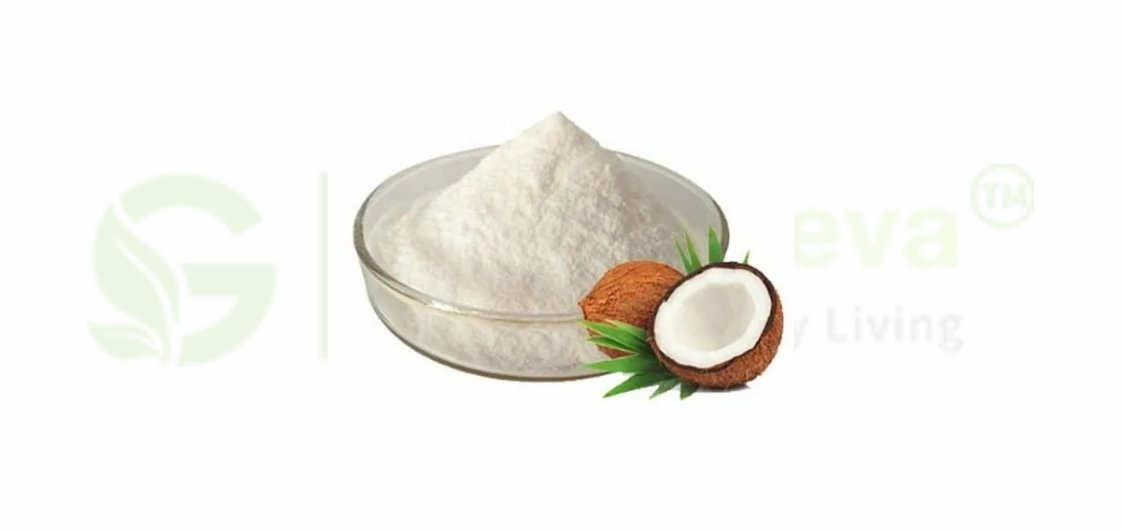
Manufacturing Process: Powder form might integrate more easily into certain production lines, especially for dry goods.
Shelf Life and Storage: Liquid MCT oil generally has a longer shelf life but may require specific storage conditions to prevent rancidity.
Cost Considerations: Compare the cost-effectiveness of both forms, factoring in shipping, storage, and ease of use in your production process.
Branding and Differentiation: Offering both forms or focusing on one could be a way to differentiate your product line in the market.
The Bottom Line
Both MCT oil powder and liquid MCT oil offer unique benefits and can be valuable additions to your product lineup. The choice between the two often comes down to specific product requirements, target market preferences, and manufacturing considerations.
As the health and wellness industry evolves, staying informed about ingredient options is crucial. By understanding the nuances between MCT oil powder and liquid MCT oil, businesses can make strategic decisions that align with their product goals and customer needs.
Remember, quality should always be a top priority, regardless of your chosen form. Opt for pure, high-quality MCT oil sources to ensure the best product and customer results.
**The Food and Drug Administration has not evaluated these statements. This product is not intended to diagnose, treat, cure, or prevent any disease.**


